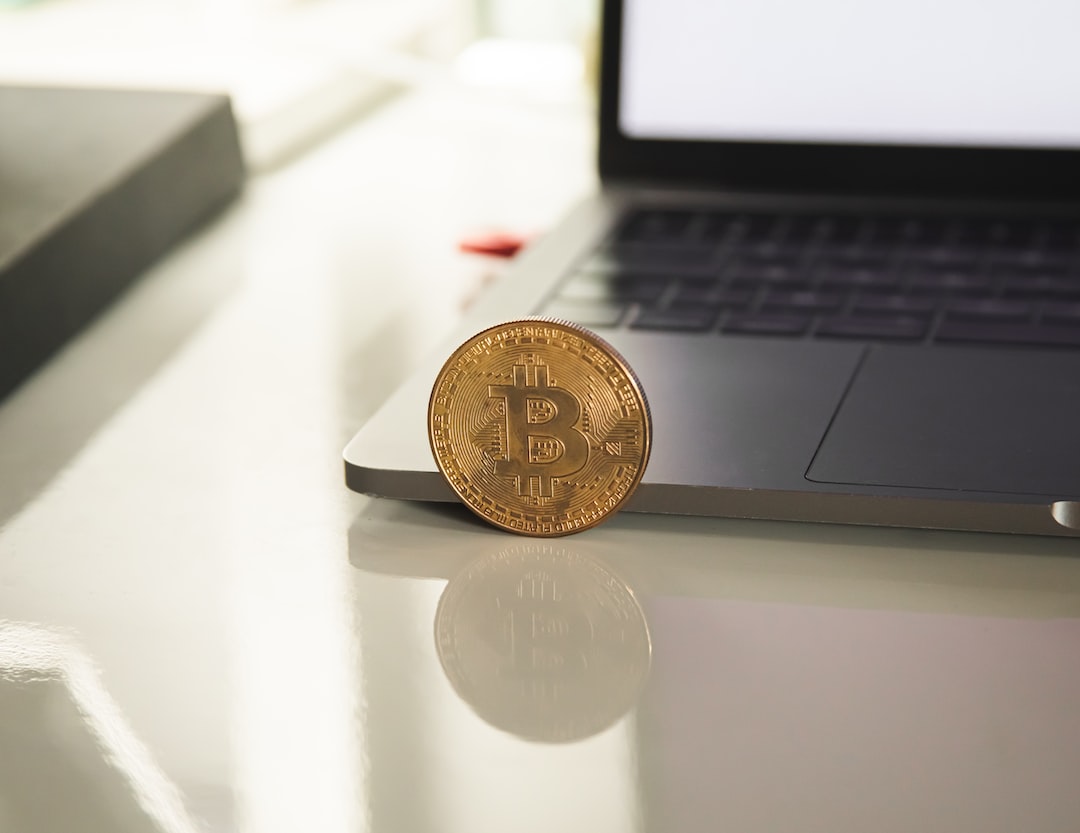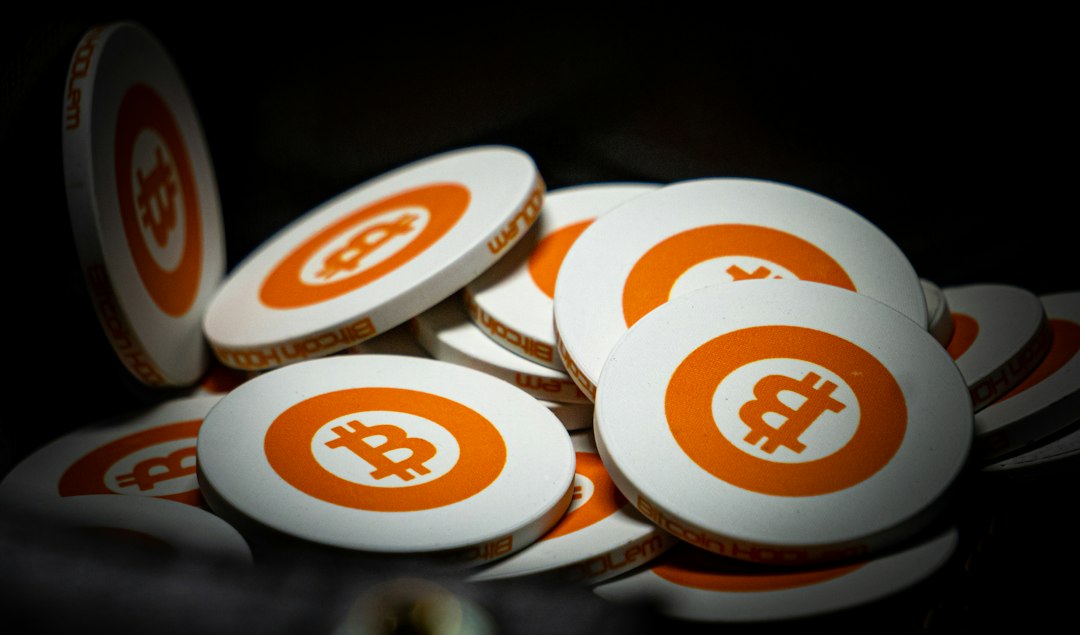Peter Schiff Criticizes Bitcoin and Supporters
Earlier today, Peter Schiff, the CEO of Euro Pacific Capital, expressed his criticism towards Bitcoin and its supporters on social media. Schiff is a well-known financial commentator, author, and advocate for investing in gold and precious metals. His skeptical views on Bitcoin have made him a controversial figure in the cryptocurrency community.
Schiff’s Response to Mike Novogratz’s Comments
Schiff took issue with comments made by Mike Novogratz, the CEO of Galaxy Digital Holdings, regarding the nature of Bitcoin and how it is sold. Novogratz stated that Bitcoin is an “instrument that is sold, not bought.” Schiff interpreted this as confirmation that Bitcoin lacks inherent utility and is bought solely based on persuasion from others. He likened the behavior around buying and selling Bitcoin to that of a cult.
Responses to Schiff’s Criticism
Schiff’s remarks sparked a series of responses on social media. One user argued that gold, like Bitcoin, is also bought based on promotion from others. Another user claimed that gold serves no functional purpose in today’s digital age. However, another user emphasized that gold still functions as money and cited examples of its continued use as currency.
Schiff Warns of Bond Market Collapse
On October 2, 2023, Schiff issued a warning about what he perceived as the initial stages of the largest bond market collapse in U.S. history. He stated that organizations relying on cheap debt could face severe consequences if the bond market implodes. Schiff also expressed concern that Federal Reserve intervention could worsen the situation by triggering inflation.
Hot Take: Peter Schiff’s Controversial Views on Bitcoin
Peter Schiff, the CEO of Euro Pacific Capital, has long been a critic of Bitcoin and other digital assets. He argues that traditional assets like gold are more reliable long-term investments. Schiff’s skepticism towards Bitcoin has made him a controversial figure in the cryptocurrency community. While his views are both praised and criticized, they continue to spark discussions about the future of digital currencies and their role in the global economy.





 By
By
 By
By
 By
By
 By
By
 By
By